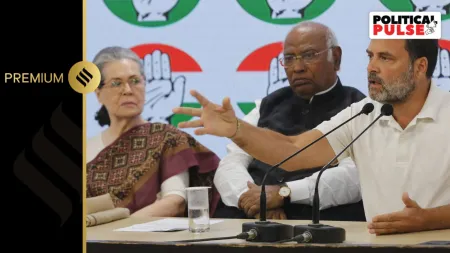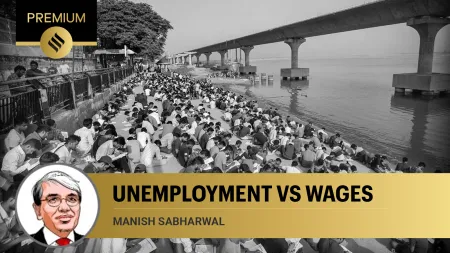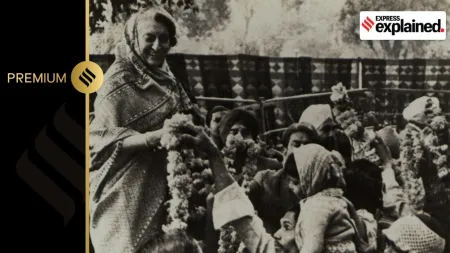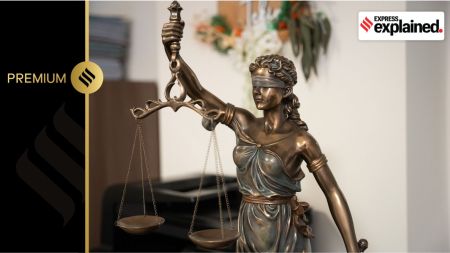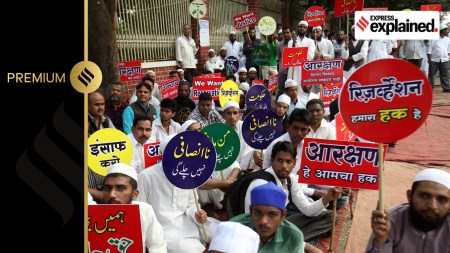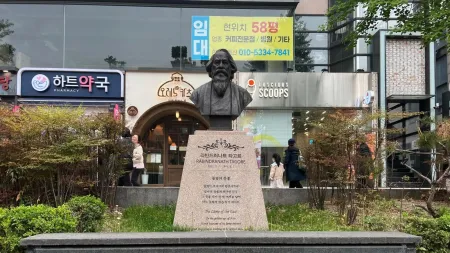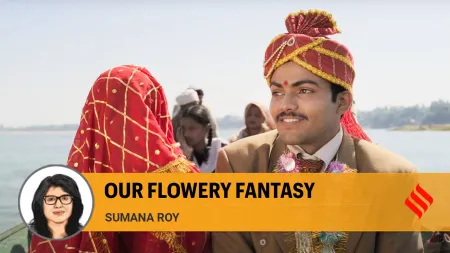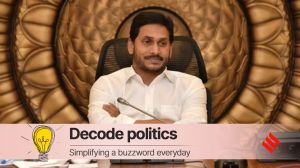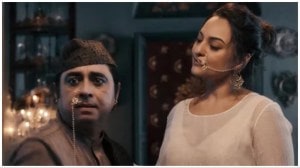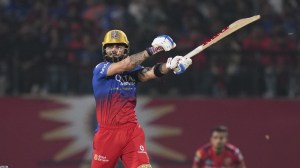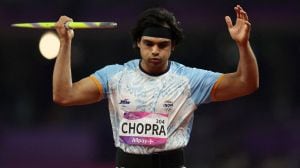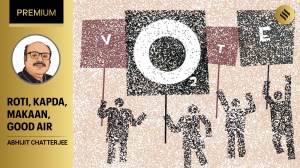- India
- International
The legacy of Atal Bihari Vajpayee: 5 defining aspects
Vajpayee remained an MP for 47 years — elected 11 times to Lok Sabha, and twice to Rajya Sabha — leaving behind an enduring legacy. We take a look.
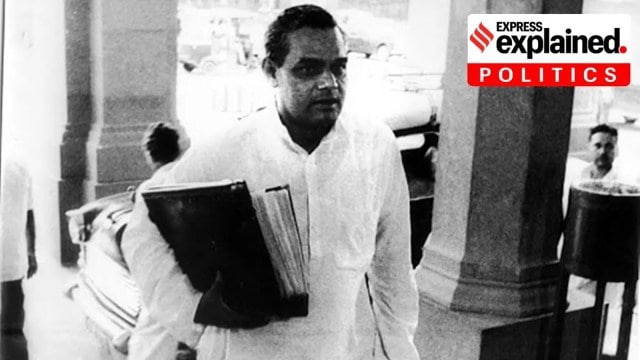 Vajpayee was a Member of Parliament for 47 years. (File)
Vajpayee was a Member of Parliament for 47 years. (File)Atal Bihari Vajpayee, three-time prime minister of India and one of the Bharatiya Janata Party’s founding stalwarts, was born on December 25, 1924. A poet-politician renowned for his oratory, Vajpayee was central to bringing greater political acceptability to the BJP in the late 1990s and early 2000s, the benefits of which the party is reaping today.
On his 99th birthday, we take a look at 5 defining aspects of his legacy.
1. The first non-Congress PM to serve a full term
For over five decades after Independence, no non-Congress government had served for a full five years at the Centre. That was until Atal Bihari Vajpayee became prime minister for a third time in 1999. Vajpayee would head a coalition of 24 parties for five years, and in the process, cement relationships for the oft-politically isolated BJP, some of which last till date. During this term, he launched initiatives such as the Golden Quadrilateral highway network, the Pradhan Mantri Gram Sadak Yojna, and Kisan credit cards, which continue to touch the lives of millions of Indians.
2. Brought broader political acceptability to the BJP
The BJP, under Vajpayee, won only two seats in the 1984 Lok Sabha election. In 1986, LK Advani took over and espoused a far more hardline Hindutva ideology, geared fully towards the Ram Janmabhoomi movement. This paid electoral dividends, and in 1991, BJP secured 120 seats in the Lok Sabha. However, post the Babri Masjid demolition in 1991, the party was left politically isolated. It is here that Vajpayee’s statesmanship was key. His moderate image helped forge alliances, providing greater acceptability for allies.
3. Managed the political fallout of the Pokhran-II nuclear test
In May 1998, during Vajpayee’s second term in office, India successfully conducted three nuclear weapon tests in Pokhran. Codenamed Operation Shakti (literally, “strength”), these tests would cement India’s capability to deploy nuclear weapons, and thus deliver on one of the BJP’s key campaign promises. They also fundamentally changed India’s national security paradigm. While met with international outcry at the time, Vajpayee’s statesmanship was key to managing the political fallout of the test. Notably, the United States lifted its sanctions on India just six months after the test. In 2000, during Vajpayee’s third term, US President Bill Clinton would visit India in what is now seen as a historic event in furthering Indo-US relations.

4. Tried hard to mend ties with Pakistan
At odds with the BJP’s party line, Vajpayee made persistent efforts to mend India’s relationship with Pakistan. Be it through the Lahore Bus Yatra, the Agra Summit after the Kargil War, or backchannel negotiations with Musharraf after the 2001 Indo-Pak standoff, Vajpayee, against all odds, tried his best to bring the two warring nations together. As he wrote in the visitors’ book at Lahore’s Minar-e-Pakistan, “A strong, stable, and prosperous Pakistan is in India’s interest. Let no one in Pakistan be in doubt. India sincerely wishes Pakistan well.”
5. Exemplary orator and parliamentarian
Vajpayee became an MP during the government of Jawaharlal Nehru. Over the next five decades, he would be elected to the Lok Sabha 11 times, and to the Rajya Sabha two times. In his time, he spoke with eloquence and panache within and without the chambers of Parliament — even those who did not agree with his politics often admired him as a wordsmith.
Today, snippets of his famous pieces (and poems) are popular with political pundits and YouTubers alike.
More Explained
EXPRESS OPINION
May 09: Latest News
- 01
- 02
- 03
- 04
- 05


